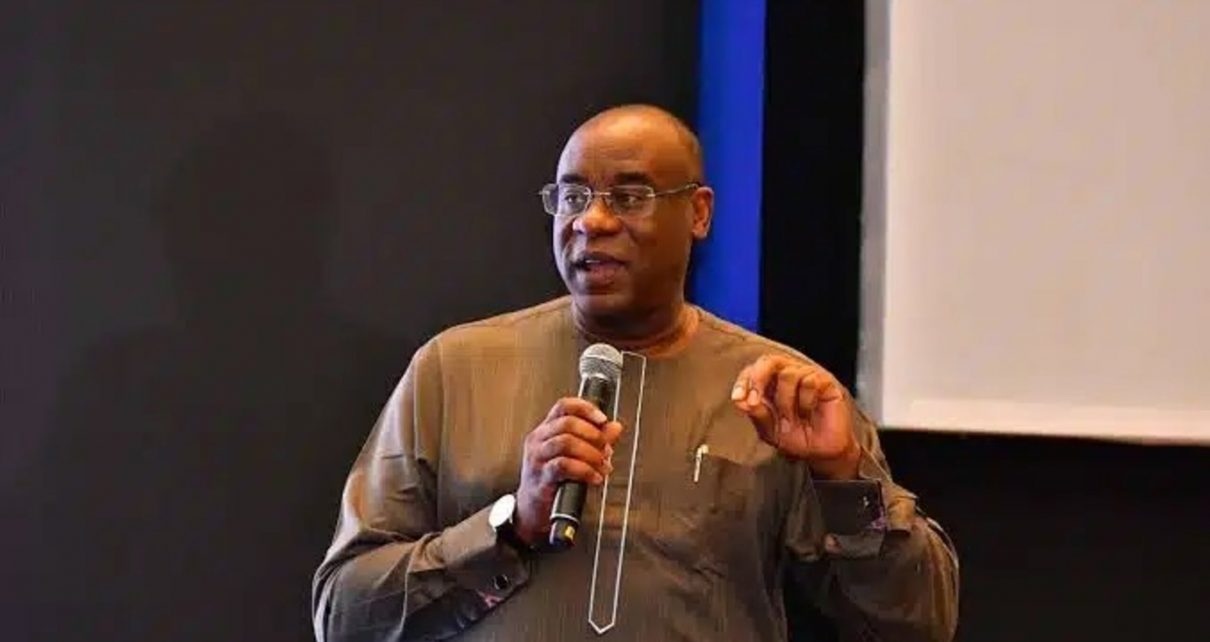Nigeria finds itself grappling with a severe dollar liquidity crisis within its foreign exchange market, a predicament stemming from years of “gross mismanagement” at the central bank, as underscored by a statement from a presidential spokesperson on Tuesday.
President Bola Tinubu’s tenure has ushered in an investigation into the operational practices of the central bank, led by the presently suspended and detained governor, Godwin Emefiele. This move comes in response to President Tinubu’s open critique of the bank’s policies, particularly its attempts to bolster the naira currency, as articulated during his inauguration address in May.
This pressing concern takes centre stage as fuel retailers advocate for hikes in petrol prices. The black market’s weakening exchange rate, absorbing surplus currency demand from the official market where dollars are scarce, has prompted these discussions.
Presidential spokesperson Ajuri Ngelale conveyed, “We are ready to show you exactly what it is that our nation is facing with respect to the illiquidity in the market in terms of foreign exchange as a result of what is now known to have been a gross mismanagement of the Central Bank of Nigeria over the course of several years preceding this time.”
In response, Acting Central Bank Governor Folashodun Shonubi met with President Tinubu to deliberate on strategies to enhance liquidity. The central bank recently disclosed a $19 billion derivatives commitment as of 2022, underscoring the urgency of addressing the liquidity challenge.
Tinubu, who has embarked on bold economic reforms for Africa’s largest economy, has taken a stand against further fuel price increases. Rejecting upward adjustments, his spokesperson emphasized that the market-driven reality does not necessitate a hike in pump prices, stating, “the country does not require an ‘upward movement of pump price in order to accommodate the market-driven reality’.”
It is worth noting that Tinubu’s decision to eliminate the costly petrol subsidy at the end of May has led to a more than threefold increase in fuel prices, contributing to the exacerbation of double-digit inflation. Nigeria’s inflation rate reached an 18-year high in July, impacting the livelihoods of its citizens.
As the nation grapples with these currency and economic challenges, the unfolding developments within the central bank and broader economic reforms will inevitably have far-reaching consequences for the Nigerian population.


